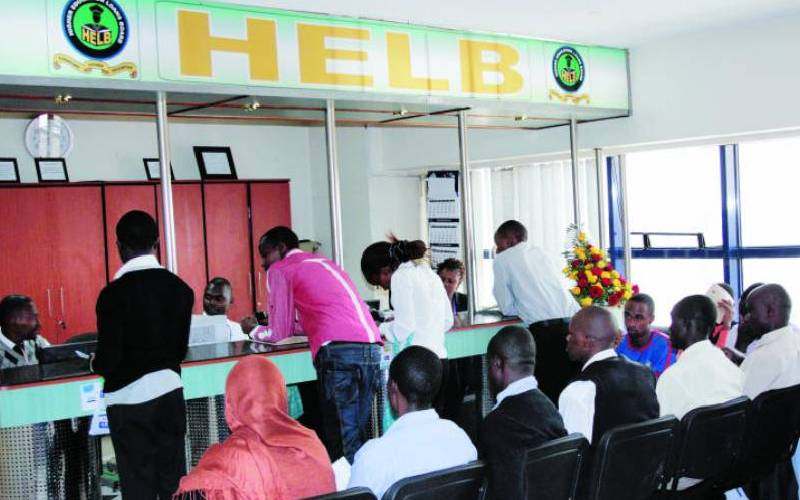The Higher Education Loans Board (HELB) has announced plans to collaborate with national law enforcement agencies to pursue Kenyan graduates who have defaulted on their student loans, starting as early as this year.
The crackdown, revealed during a parliamentary hearing on May 30, comes amid a growing debt crisis that has left HELB short by Ksh9.5 billion in unrecovered loans. HELB CEO Geoffrey Monari said the partnership with the police is intended to reinforce loan recovery efforts and ensure the long-term sustainability of the fund.
“This is not just about finance. It’s about fostering a sense of responsibility and patriotism among those who have benefited from the funds,” Monari told the National Assembly’s Public Investments Committee on Governance and Education. “Compliance ensures we can support future generations from needy backgrounds.”
Monari reiterated that HELB operates on a revolving fund model—recovering loans to re-lend to new applicants—but warned that persistently high default rates threaten its viability.
HELB has in recent years implemented various incentives to encourage repayment, including penalty waivers and online repayment tools. In March 2025, it offered an 80% penalty waiver to defaulters who paid their loans in full. However, the response was underwhelming, prompting the agency to adopt what it describes as a “last resort” enforcement strategy.
The proposed partnership with police will target both domestic and overseas defaulters. Although no exact start date has been confirmed, officials indicated implementation could begin any time this year.
Members of Parliament voiced support for HELB’s broader objective but urged caution in its execution. Committee Chair and Bumula MP Jack Wamboka encouraged HELB to consider alternative approaches such as aggressive public awareness campaigns and partnerships with private sector donors to reduce over-reliance on state funds.
Public reaction has been divided. While some support the move as necessary for financial discipline, many Kenyans expressed concern that the crackdown could unfairly target graduates still struggling with unemployment and economic hardship.
Social justice advocates and some education experts have also warned that criminalizing default could deepen social inequality unless accompanied by reforms to improve graduate employment prospects.


